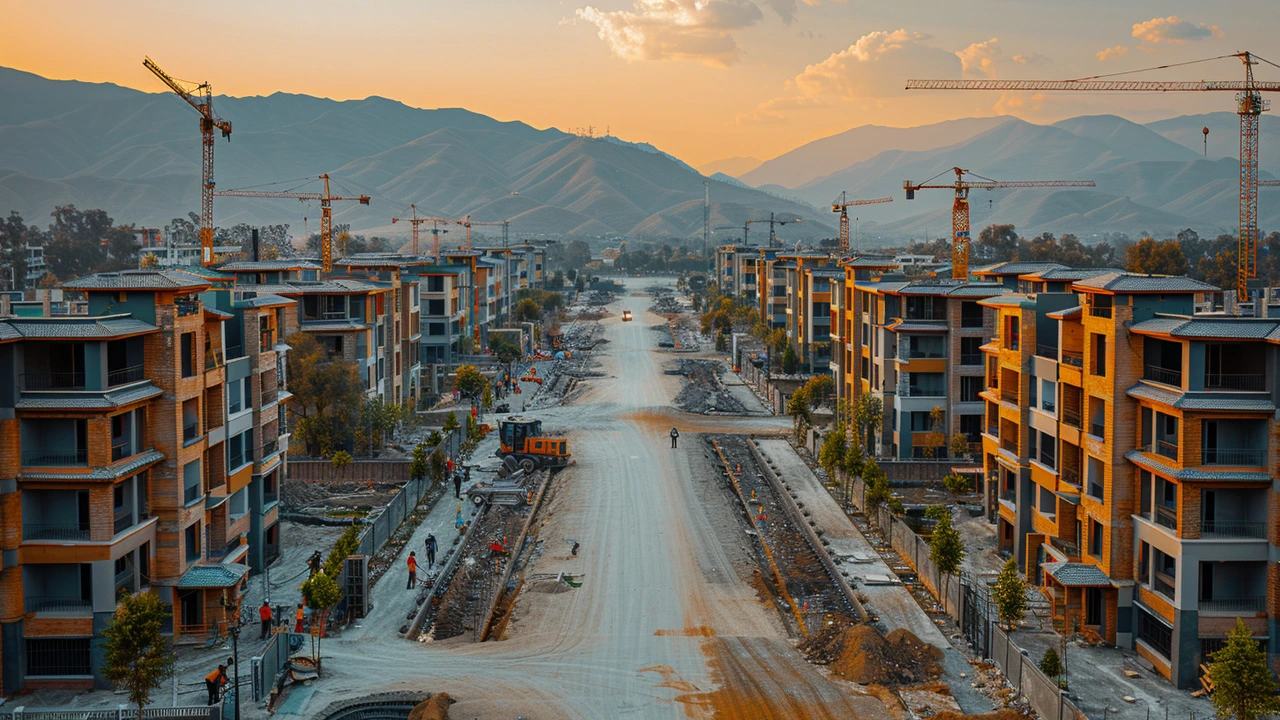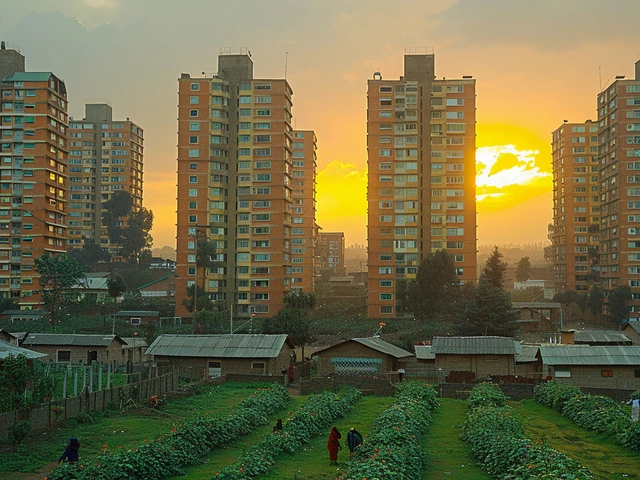Housing Prices in Ethiopia: What You Really Need to Know
Trying to figure out what it costs to find a place to live in Ethiopia? You’re not alone. Whether you want to rent in Addis Ababa or another city, housing prices can seem all over the place. Your rent depends on where you’re looking, what type of place you want, and even simple things like public transport or markets nearby.
Addis Ababa, for example, is the most expensive city for housing in Ethiopia. Even a modest apartment can cost up to five times more than something similar in a smaller town like Hawassa or Bahir Dar. Want to live in a quiet, safe neighborhood, maybe close to embassies or international businesses? That’s going to cost extra. But move a few kilometers out, and you’ll pay much less.
What are you really getting for your money? For high rent in the city, you’ll usually get a newer place, sometimes with running water all day and security. But in less expensive neighborhoods or cities, you might have to compromise, like dealing with shared bathrooms, limited water, or less reliable electricity. People on a budget usually share houses or go for older buildings, which are much more affordable.
Ready for some numbers? The average rent for a basic one-bedroom in central Addis can range from 7,000 to 15,000 ETB a month. If you need more space or better amenities, expect 20,000 ETB or more. Outside the capital, you can find similar places for half that. Rural areas? Prices drop a lot, but then you trade off city conveniences.
Why so expensive in Addis? Ethiopia’s capital is where most major businesses, embassies, and organizations are. There’s always demand, especially from people coming in for jobs or study. Plus, new property developments usually target higher-income groups, not average families. The city is growing fast, and land is limited, so prices keep climbing.
Not sure how to find a decent home? Start by asking locals or coworkers for advice. There are online platforms, but word of mouth is still the top source. Some landlords advertise on local notice boards instead of websites. Always check if the neighborhood is safe and the house has basic amenities—it’s easy to get lured by cheap prices, only to regret later.
For anyone moving to Ethiopia or changing neighborhoods, remember: rent isn’t the only cost. Utilities like water, electricity, and sometimes maintenance aren’t always included in the advertised price. Some landlords want several months’ rent as a deposit up front. Always ask what’s included and know your negotiating power—you can sometimes get a better deal just by asking.
Housing prices in Ethiopia change fast, especially with the growing population and rising cost of living. Whether you’re renting short-term or planning a long stay, doing some homework up front saves you big headaches—and money—later on. Practical preparation trumps guesswork every time.





